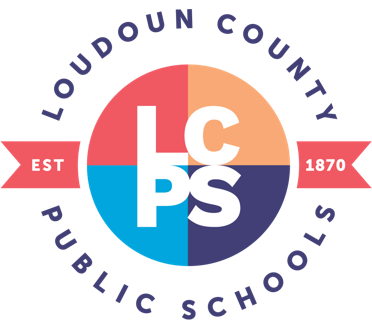LCPS will implement ongoing and continuous strategies to identify, locate, and evaluate children residing within its jurisdiction who are birth to age 21, inclusive, and need special education and related services as defined in 8VAC20-81-50. Strategies will focus on addressing children who: live in typical homes; are highly mobile, such as migrant and homeless children; are wards of the state; attend private schools, including children who are home-instructed or home-tutored; are suspected of having a disability and are in need of special education, even though they are advancing from grade to grade; and are under age 18, who are suspected of having a disability who need special education and related services, and who are incarcerated in a regional or local jail in Loudoun County for 10 or more days.
LCPS shall locate, identify, and evaluate children with disabilities who are enrolled by their parents in private, including religious, elementary and secondary schools.
Strategies to identify children who are parentally placed in private schools will be designed after consultation with representatives of those settings.
These efforts will ensure an accurate count of these children.
The cost of carrying out the child find requirements, including individual evaluation, may not be considered in determining if a local educational agency has met its obligation for calculation of its expenditures under federal and state regulations governing special education.
If the location of the administration of the private school in which the child attends is within Loudoun County and the child lives outside of Loudoun County, LCPS will be responsible for the child find activities.
LCPS will consult with appropriate representatives of private school children with disabilities, as well as home-instructed or home-tutored children with disabilities and representatives of parents of parentally-placed private school children with disabilities, on how to implement the child find and evaluation activities.
Referrals will be accepted in written, electronic, or oral form by the principal or designee of the school the child attends or if initially enrolling in the school division, the school in the parent’s attendance zone. Referrals can be received from any source including parents, school staff, the school-based team, the Virginia Department of Education, any other state agency, or other individuals regarding children who are residents of Loudoun County or who attend a private school that is located within Loudoun County. Once a referral is received, the principal or designee will ensure that the referral is documented on a referral form which includes the child’s name, the reason for the referral and the efforts made to address the concerns, the date the referral was received, the name of the person or agency making the referral, the parents’ names, and contact information for the parents.
In reviewing the child’s performance, the team may use a process based on the child’s response to scientific, research-based interventions or other alternative research-based procedures. The team shall ensure that these interventions are documented and do not needlessly delay a child suspected of having a disability from being evaluated for special education and related services. If the child has not made adequate progress after an appropriate period of time during the implementation of the interventions, the team shall refer the child to the special education administrator or designee for an evaluation to determine if the child needs special education and related services. Referrals from the team for a special education and related services evaluation will be forwarded to the special education administrator or designee within three days of their decision.
Within 10 business days following its receipt, the referral will be reviewed by the school-based team which includes the referring source, as appropriate, the principal or designee, at least one teacher, at least one specialist, and one member who is knowledgeable about alternative interventions and about procedures required to access programs and services that are available to assist with children’s educational needs. Additional professionals may be included as appropriate and based on the reason for the referral. The school-based team will review the reason for the referral and review the child’s record and any other performance evidence or data that will be used to make recommendations for educational and/or behavioral needs. The team may: (1) determine the referral for special education evaluation is not needed for the student, noting that the child is performing adequately; (2) recommend interventions with prescribed review dates; or (3) refer the child for a special education evaluation. All decisions of this team will be documented in writing and include information upon which a decision was based. Such documentation will be maintained in the student’s scholastic record.
If the team decides not to refer the student for a special education and related services evaluation, the parents will be provided with prior written notice indicating that the request for a special education evaluation was refused, the reasons for the decision, a description of other options the team considered and reasons why they were not accepted, a description of the evaluation information (each evaluation procedure, assessment, record or report) used to make the decision and any other factors that were relevant to the team’s decision, and their right to appeal the decision through the due process hearing procedures. The parents will be given a copy of the procedural safeguards.
If the referral is made to the special education administrator or designee within three business days, the special education administrator or designee will initiate the evaluation-eligibility process, forward the referral to the school team to review and respond to the request, or deny the request. If the referral is made by the child’s parents, the parents will be notified of the decision. If the request is denied, the parents will be provided prior written notice as already described and as is required pursuant to 8VAC 20-81-170 of the Virginia Administrative Code.
